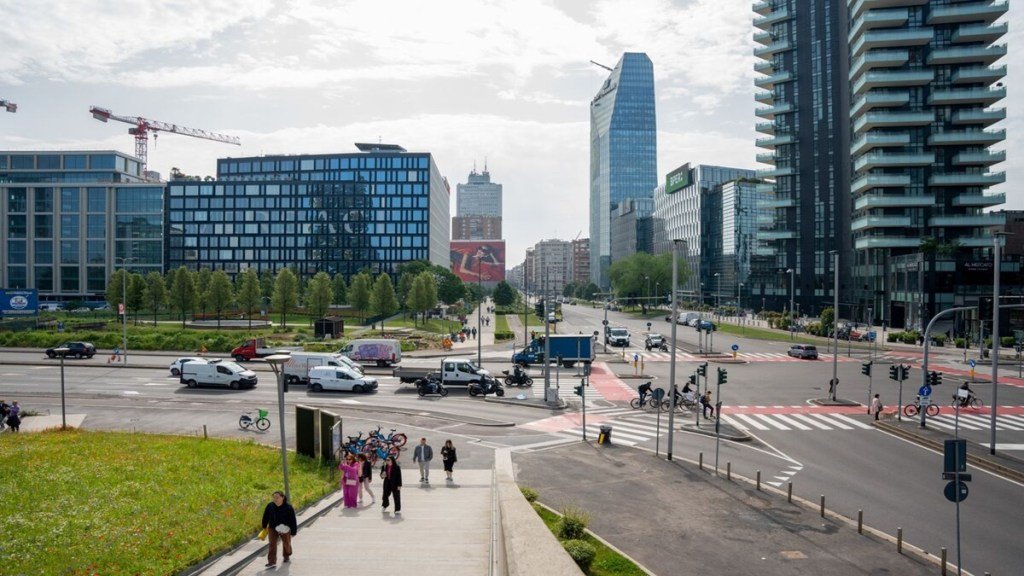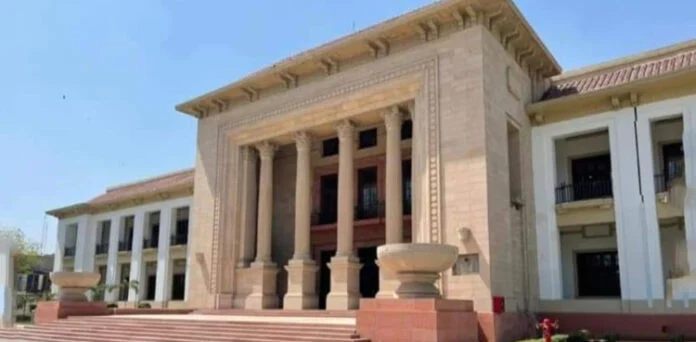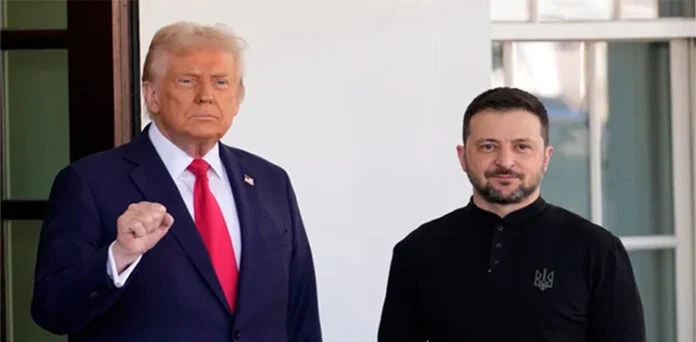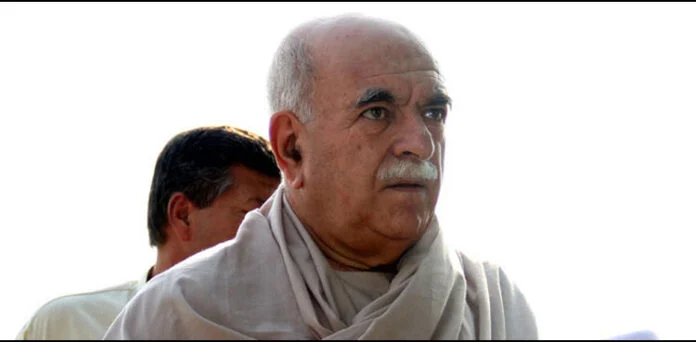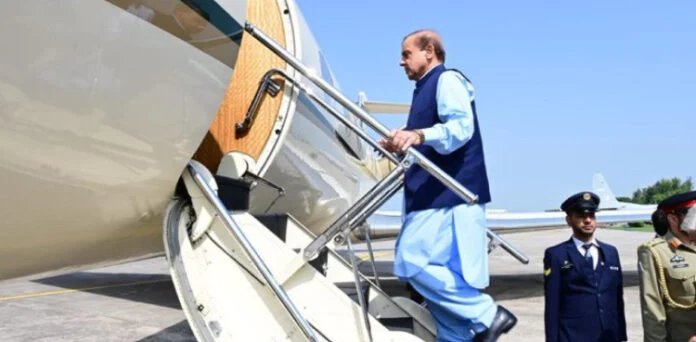
The Russian Ministry of Foreign Affairs has announced upcoming legislative changes aimed at extending the validity and authorized length of stay for the electronic visa (e-Visa). Maria Zakharova, the ministry’s spokeswoman, stated on March 13, 2025, that the validity period would soon be increased from 60 to 120 days, while the duration of stay for foreign visitors using this visa would be extended from 16 to 30 days.
Originally proposed in 2024, this initiative is intended to improve access for international travelers, particularly for tourism, business, and family visits. It aligns with a broader effort to stimulate the tourism sector and strengthen economic exchanges with other countries. Although the modifications have been confirmed, no official date has been provided for their implementation.
At present, travelers using an e-Visa must plan their trips within a relatively short timeframe, which can limit travel flexibility within Russia. With an extended validity period of 120 days, visitors will have more time to organize their stay while benefiting from a longer period in the country. This change is part of Russia’s ongoing efforts to attract more foreign tourists and enhance diplomatic and economic relations. Simplifying entry requirements is viewed as a strategic move in the current geopolitical landscape, where diversifying international partnerships is a priority.
Zakharova noted that the electronic visa is currently available to foreign citizens from 64 countries, including several European nations. It allows stays of up to 16 days for tourism, business, and private visits, as well as participation in cultural, scientific, socio-political, economic, and sporting events.
The extension of the e-Visa is expected to directly benefit the tourism industry, which has faced significant challenges due to the pandemic and restrictions imposed in recent years. Easing entry conditions aims to encourage more visitors from countries where obtaining a traditional visa can be a lengthy and complex process. The decision reflects a broader effort to modernize migration policies, making the country more accessible while supporting economic growth through increased international tourism.
Official data from the Border Service of the Federal Security Service (FSB) shows that in 2024, Russia received 1,572,000 international tourists, a significant drop compared to 2019, when over 5 million visitors entered the country.
In addition to these visa changes, Russian authorities are considering replacing paper migration cards with an electronic authorization system for foreigners. During an annual Interior Ministry meeting in early March, Vladimir Putin emphasized the need to modernize migration control tools using contemporary technologies. He called for the Interior Ministry and other relevant departments to explore the transition from paper-based migration documentation to an electronic system.
The Russian president stressed that these innovations should be included in the revised state migration policy, which is expected to be adopted within the year. He underscored the importance of public security and cultural identity preservation while addressing illegal immigration and improving migration control mechanisms. The proposed changes aim to enhance efficiency in monitoring foreign arrivals while maintaining national security priorities.


